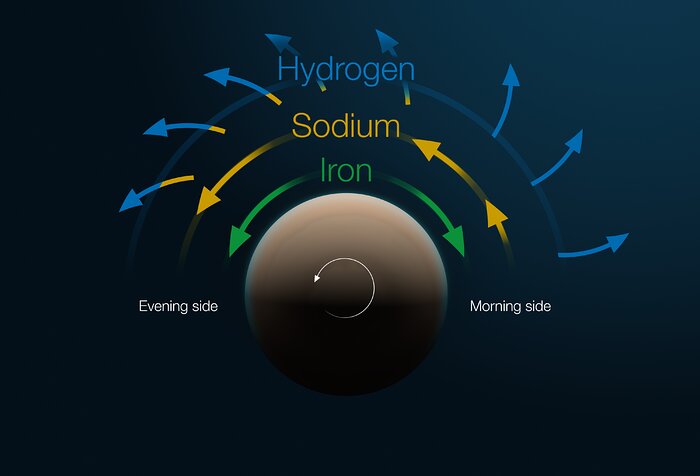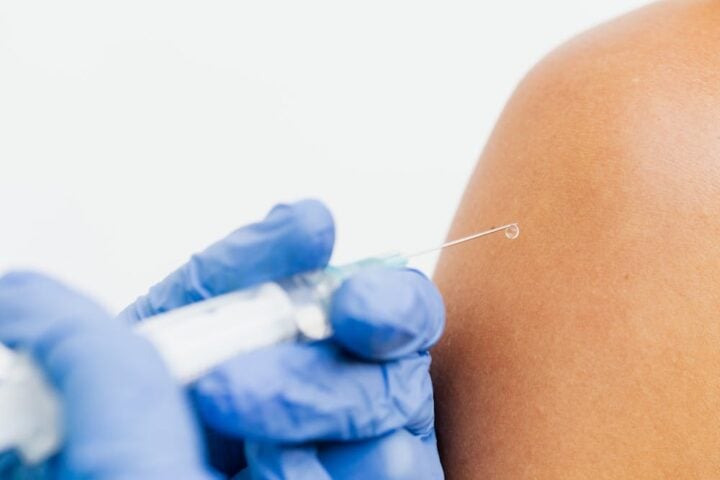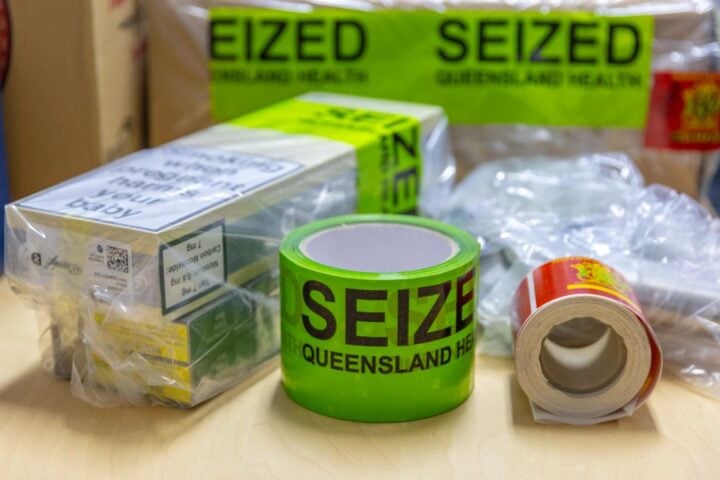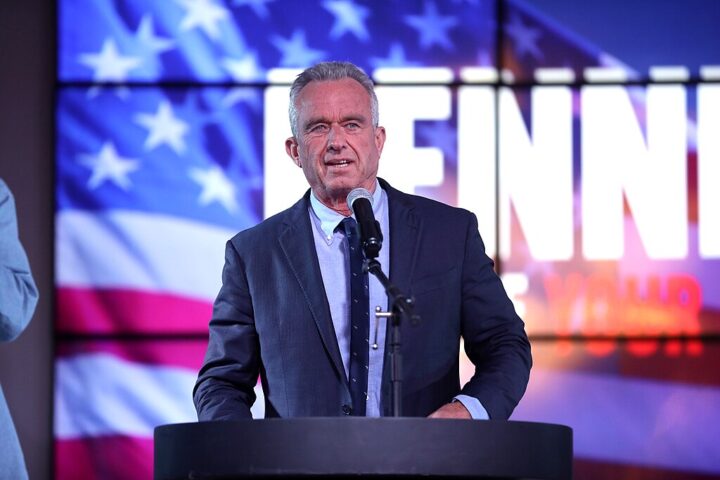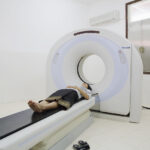The cost of autism therapy in Indiana has increased eight times over in just two years, pushing the state to make significant changes to its treatment program. These changes will affect thousands of families whose children receive crucial behavioral therapy through Medicaid.
Applied Behavior Analysis (ABA) therapy, considered by many to be the gold standard therapy for autism treatment, helps children and adults with autism. But the program’s cost has jumped from $14.4 million in 2017 to $120 million in 2019, with projections showing it could reach $645 million by 2026.
A recent federal audit found $56.5 million in incorrect payments, largely due to problems with credentialing for providers and a lack of evaluations, referrals, and documentation. This discovery prompted Governor Mike Braun to take action through an executive order.
“Something is clearly wrong and needs to be addressed immediately,” Braun said, pointing to the rapid cost increase and millions in improper payments.
The state’s solution involves a new tiered treatment system. Children with higher support needs (Level 3) can receive up to 38 hours of therapy weekly, while those at Level 1 can get up to 30 hours. Healthcare providers can adjust these hours for Level 2 and 3 patients based on what they prescribe.
Similar Posts
Parents worry about treatment restrictions. “There’s still so many transitions that these kids will go through in life that they may need help,” said Morgan Herron, whose child receives ABA therapy.
The changes have sparked widespread community response. “I had calls, emails, messages on all platforms from families, community partners reaching out,” said Kristin Wier from LOGAN, an autism advocacy organization.

A working group of parents, doctors, therapy providers, and lawmakers will now develop solutions to control costs while protecting care quality. They’ll examine treatment approaches, create appeals processes for special cases, and establish new billing rules to prevent payment errors.
These changes come as Indiana faces a larger $1 billion Medicaid budget shortfall. The new program starts April 1, aiming to keep this vital therapy available while managing its growing costs.


